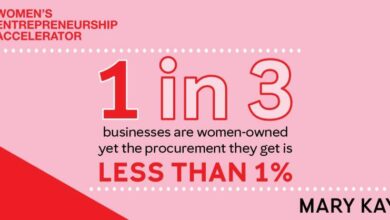When Education Entrepreneurs Face-Plant – Education Next

But his organization recently got active in a push for legislation and funding, and he was wondering why he was now catching flak. As he put it, “We’re already in a bunch of red states. We’ve got a track record. Why are they suddenly up in arms?”
Why? Well, when you’re selling a product or program, you’re pitching someone a solution. But when you’re promoting policies or engaging in advocacy, you’re offering something very different: an agenda, a worldview, a value-laden vision.
It’s the difference between setting up a free health clinic on the one hand and promoting a vision for reforming Medicaid on the other. It’s safe to say you won’t get many complaints about free, optional pediatric visits. But things get much more complicated when that friendly offer of assistance morphs into something bigger, more compulsory, and more intrusive.
You’ve now moved beyond talking about a product or service to what should be mandated, whether public funds should be spent, or how the rules should be written. Entering that fray can generate a lot of conflict and requires a lot of trust. It’s why skeptics or muckrakers who haven’t paid much attention before will (quite appropriately) start scrutinizing what you say, write, or tweet and who’s funding you.
It can be easy for those who’ve built terrific programs to drink their own Kool-Aid. Their success attracts plaudits and funding. They believe in their model, and they’re confident that they can help solve a problem “at scale.” The difficulty is that they very quickly leave behind the things they know and wade into areas where they’re no longer on firm ground.
That distinction is crucial. I’m not suggesting that their success is phony or that their expertise is fraudulent. I am saying that there’s a tendency to confuse one kind of expertise (running a discrete program) for a very different kind (changing rules, regulations, funding, and policy).
This kind of dynamic comes up all the time with reading and math programs. Entrepreneurs and CEOs will often explain, with much exasperation, that they don’t want to get caught up in the reading and math wars. They’ll denounce the politics of it all and say, “I just want to do what works. I don’t want to take sides.”
Okay. But those “sides” are almost inevitable when we move from an optional, discrete program to determining what standards, texts, curricula, or instructional methods will (or won’t) be mandatory for classrooms in a school or state. It doesn’t matter if you dislike “politics”—politics is just the label for how these (inevitable) disagreements play out.



